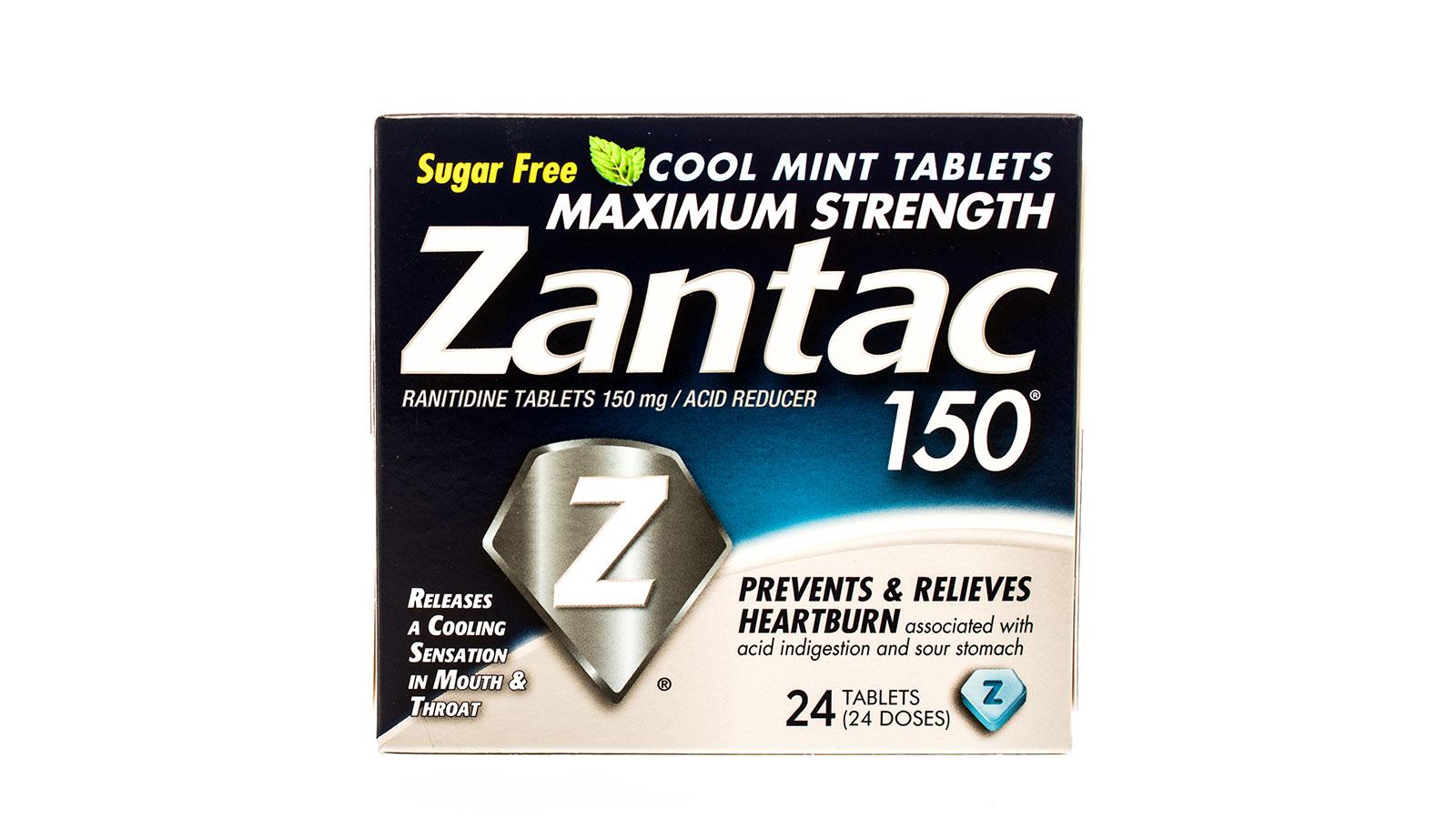No Zantac? Here Are Alternatives to Treat Heartburn Naturally

This popular heartburn medication has been pulled from shelves. What are some Zantac alternatives?
If you have been taking Zantac, an over-the-counter acid reducer and heartburn medication, you may have heard that the drug is being pulled off many retailers' shelves. That's because the Food and Drug Administration (FDA) recently expressed concern that some forms of the medication – both name brand and the generic form, ranitidine – may contain a potentially cancer-causing ingredient, N-nitrosodimethylamine (NDMA).
This ingredient, classified as a probable human carcinogen, was previously connected to recalls of some prescription blood pressure and heart failure medications. Zantac and ranitidine contain unacceptable levels of NDMA. Although levels may be barely more than what is found in water and some foods, more investigation is needed to determine if the amount of NDMA in ranitidine poses a risk to people taking the medication. While this is being done, drug manufacturers have voluntarily recalled medications and major chains like CVS, Rite Aid, Walgreens and Walmart have stopped selling them.
So what do you do now if you've been taking Zantac or a similar medication for your heartburn or acid reflux?
Talk to your doctor about alternative medications. In the meantime, try these natural heartburn remedies. They may help relieve symptoms without medication:
- Avoid foods that make symptoms flare up. Many people know what causes their heartburn symptoms. If you do, avoiding triggers is one way to lower your need for medication. If you don't, keep a journal of what you eat and drink and resulting symptoms to help identify the culprits. Common triggers include acidic, fatty and spicy foods, as well as coffee, carbonated beverages and alcohol.
- Don't overeat. You're less likely to experience heartburn when you don't eat too much at once. Try eating smaller meals. This will allow your body to better digest the food you eat and not send stomach acid rising into your esophagus. Chewing gum after meals may also help stimulate saliva production and dilute stomach acid in your esophagus.
- Keep pressure off your stomach. Don't lie down after eating and remain as upright as possible. This puts less pressure on your stomach which can help decrease the amount of acid that rises into your esophagus and causes your symptoms. Wearing looser clothing may also reduce pressure on your stomach.
Copyright 2019-2021 © Baldwin Publishing, Inc. All rights reserved. Health eCooking® is a registered trademark of Baldwin Publishing, Inc. Cook eKitchen™ is a designated trademark of Baldwin Publishing, Inc. Any duplication or distribution of the information contained herein without the express approval of Baldwin Publishing, Inc. is strictly prohibited.
Date Last Reviewed: October 3, 2019
Editorial Review: Andrea Cohen, Editorial Director, Baldwin Publishing, Inc. Contact Editor
Medical Review: Perry Pitkow, MD
Learn more about Baldwin Publishing Inc. editorial policy, privacy policy, ADA compliance and sponsorship policy.
No information provided by Baldwin Publishing, Inc. in any article is a substitute for medical advice or treatment for any medical condition. Baldwin Publishing, Inc. strongly suggests that you use this information in consultation with your doctor or other health professional. Use or viewing of any Baldwin Publishing, Inc. article signifies your understanding and agreement to the disclaimer and acceptance of these terms of use.

